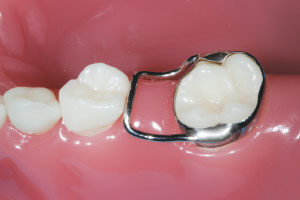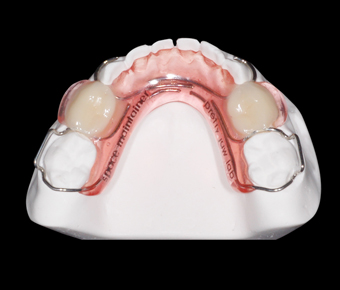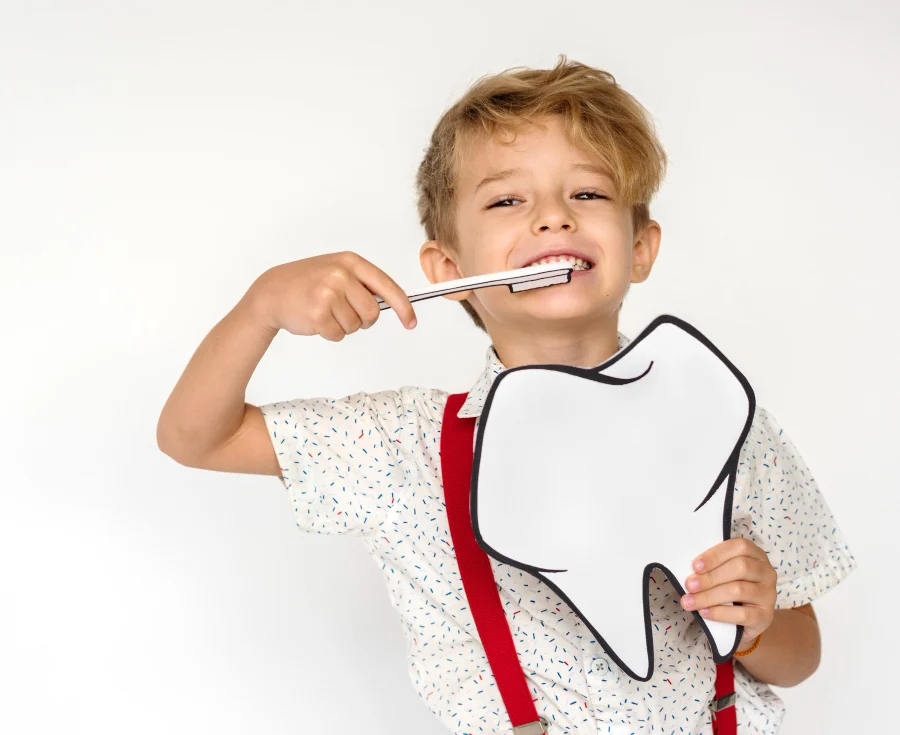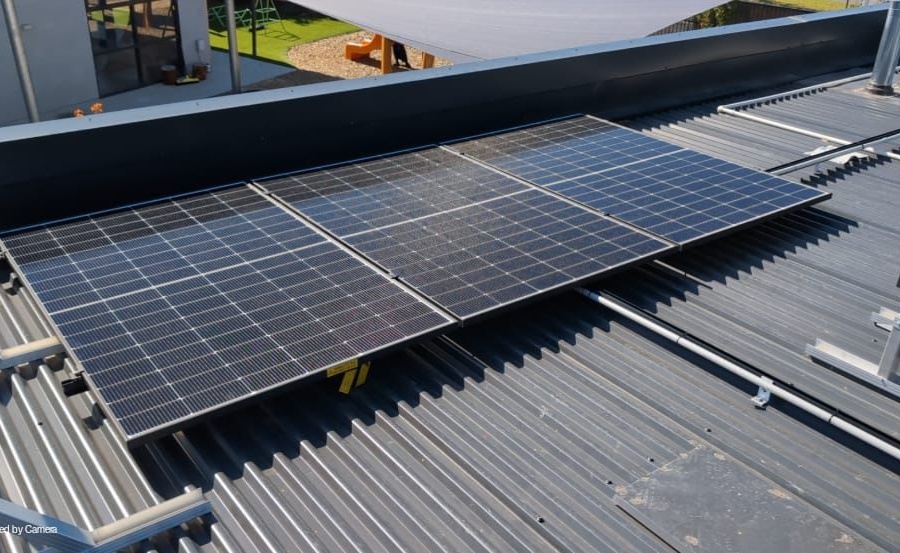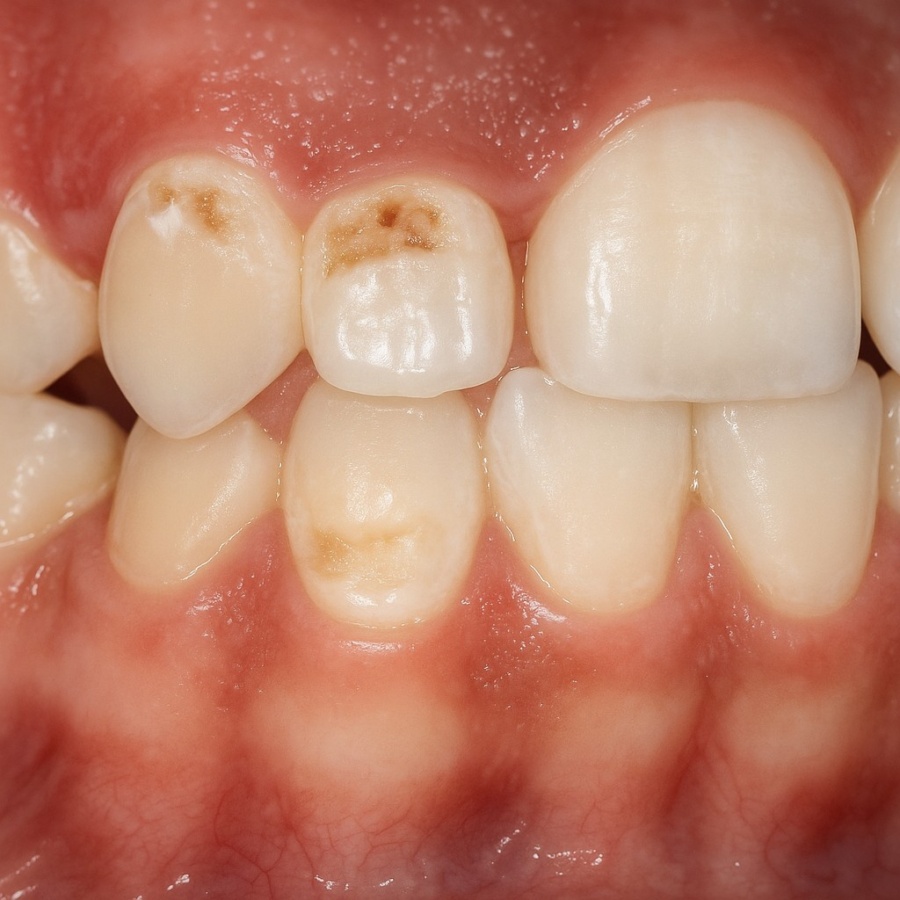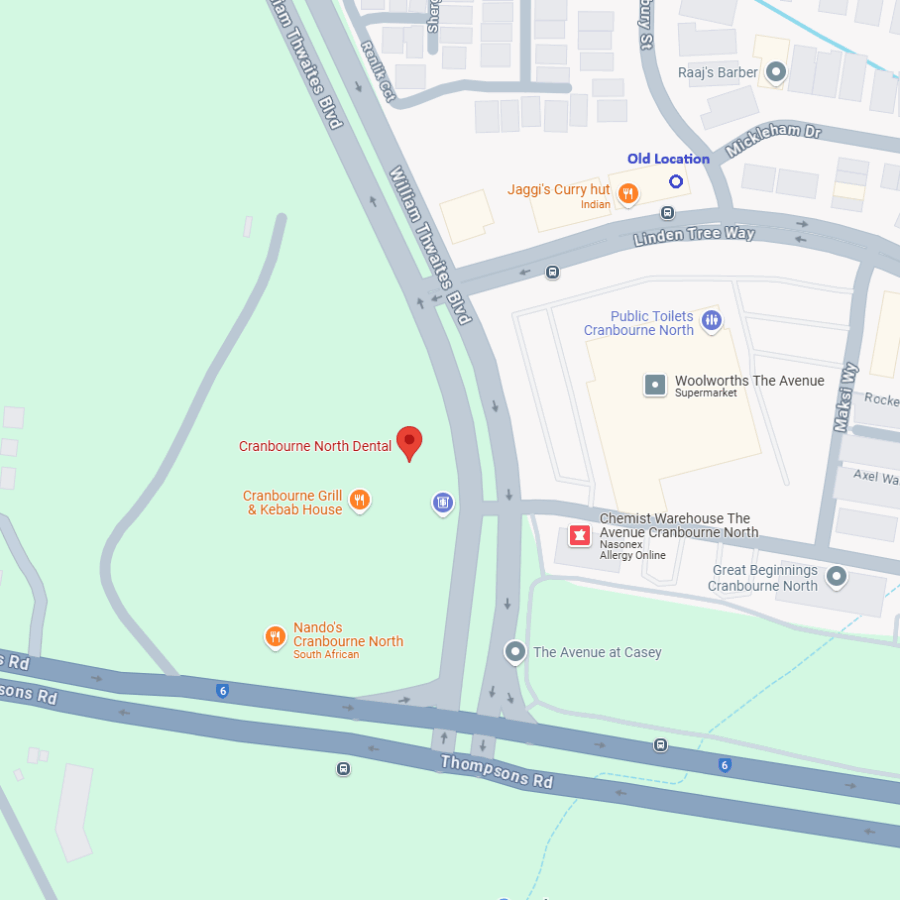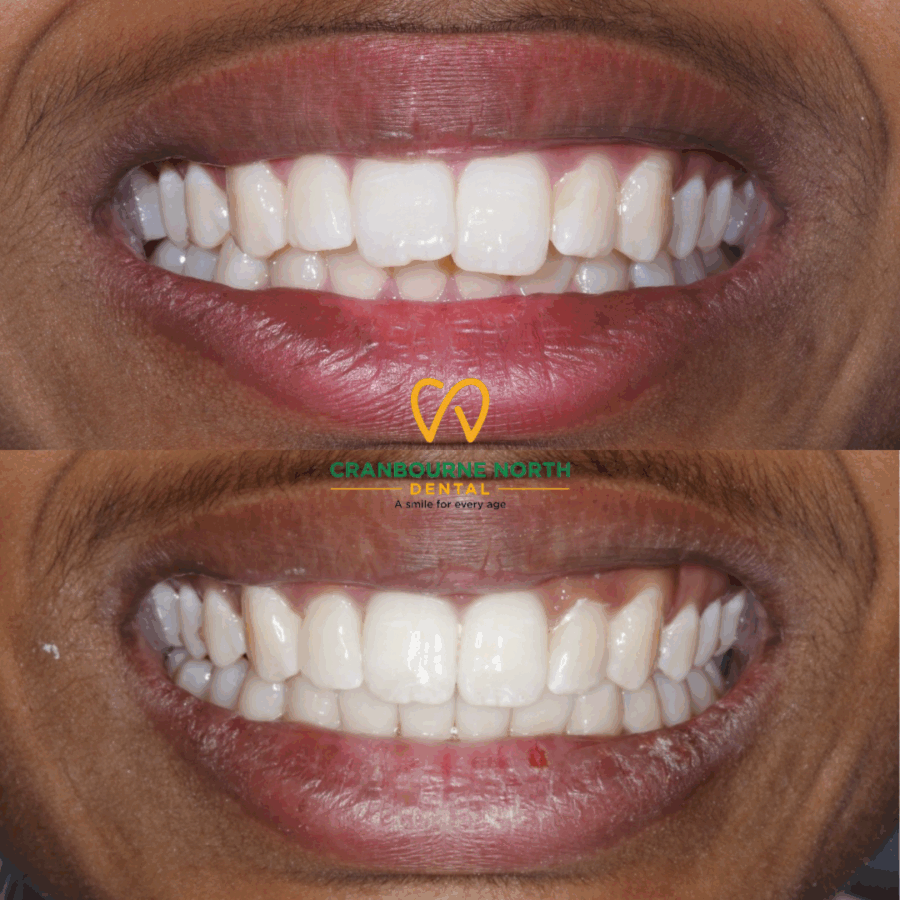Does it really matter?
Whenever we mention there are cavities in baby teeth, the first response we receive from parents are, “Phew, it’s just a baby tooth!”. Baby teeth are much more prone to getting decay and they do not have the same pain sensors as adult teeth. Kids can have huge holes on their teeth and not complain of any pain. Large holes can develop abscesses with can spread very quickly in kids and become life-threatening! Abscesses can also damage the formation of the adult teeth.
Unfortunately, getting a hole in a baby tooth is just as bad as getting a hole on an adult tooth and in some cases even worse!
Why are baby teeth important?
Baby teeth (deciduous) teeth have very important functions:
- Eating
- To maintain space for erupting adult teeth
- Assist in speech development
- To aid proper facial development
The main problem with losing a baby teeth early, is that the space that was meant to be kept for the adult tooth is lost and other teeth shift into its position. This creates a huge problem because the adult tooth is either stuck and can’t erupt on its own OR it will erupt in a problematic position. This then requires extensive orthodontic work to correct and sometimes even surgical intervention.
So when there are cavities in baby teeth – the numerous options are:
- A filling- if the decay is straight-forward to fix
- A stainless steel crown- if the tooth is very broken down
- Nerve treatment- either a partial or full root canal (different to an adult tooth).
- Extracting the tooth- sometimes there is no other option. If this happens and the tooth is lost too early the area will need a space maintainer.
What is a space maintainer?
This is an option if a tooth is lost too early to hold the space for the adult tooth. There is a fixed space maintainer and a removable space maintainer (See below). It is generally more advisable to get a fixed one. The space maintainer is then removed when the adult tooth starts to erupt. Since kids’ teeth move all the time, sometimes the space maintainer can dislodge and require reseating.
Not all missing teeth require a space maintainer. The dentist will decide depending on your child’s bite, age, which tooth was lost and why.
The best way to ensure that your child’s teeth are developing well is to come in for a check-up with the dentist. Then if anything needs to be done, it can be planned properly as well and limit the damage to the adult teeth.
